Narrators Dor & Rox


Meet the Narrators of Dorchester and Roxbury




We spoke to 20 individuals who are first- or second-generation Americans, born into Jewish immigrant families that settled in the Greater Boston area in the early twentieth century. As children and grandchildren of immigrants, they describe the process of acculturation into American society and a generational straddling of two worlds: between the old and the new and between the religious and the secular. Whether their families followed traditional, Orthodox Jewish practice or a more Americanized Jewish cultural observance, every narrator was profoundly shaped by their Jewish home and neighborhood life.
At the same time that they share similar experiences across the neighborhoods, each narrator has a unique voice and story to tell. Listen to their full oral histories in our Digital Library and Archives.
Elaine (Kellem) Baskin was born in Boston in 1935 to Dorothy (Giller) and Samuel Kellem. Her parents were born in Malden, Massachusetts, and Ukraine, respectively. Elaine lived in Roxbury until she was five, when her family moved to Dorchester. As an adult, she earned a Master’s in Education and raised three children. In her oral history, Elaine recalls growing up in a Jewish area of Dorchester in intimate detail, describing, for example, walking to school by herself at a young age and using her pocket money to buy a pickle on her way home. She also vividly brings to life her grandparents and others of their generation who spoke Yiddish and followed Orthodox tradition. She recounts how her father, who had come to the United States in 1921 and had an eighth-grade education, was successful enough as a tradesman to move the family to Newton in the late 1940s, following the general socioeconomic and geographical pattern of Jewish families of the time. Her parents went on to co-found Temple Reyim in Newton. Elaine currently lives in Worcester, Massachusetts.
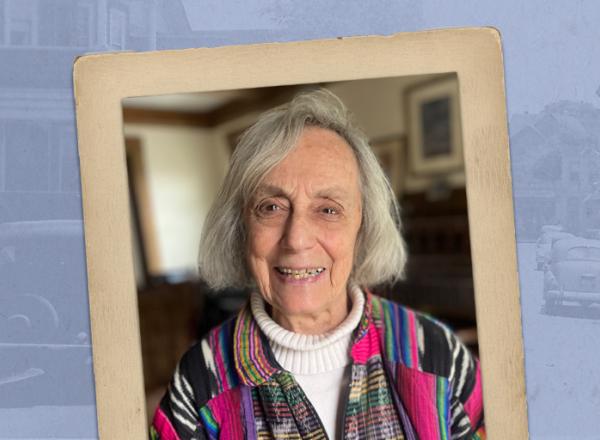
Abbot Lawrence Gilman was born in 1953 in Boston, and grew up in Dorchester. His parents were Miriam (Firger), born in 1913, and Max Michael Gilman, born in 1908. Abbot went to Northeastern University and became a technology entrepreneur. He and his wife, Lisa, have two children, and they now divide their time between Boston, Cape Cod, and Florida. Abbot’s oral history relates how he was named for a Harvard president; his grandparents’ migration from the North and West End immigrant neighborhoods of Boston to Dorchester; the vibrant neighborhood life in Dorchester; the influence of Hecht House and youth groups in his teen years; his love of basketball—and the ethnically diverse makeup of his Hecht House basketball team.
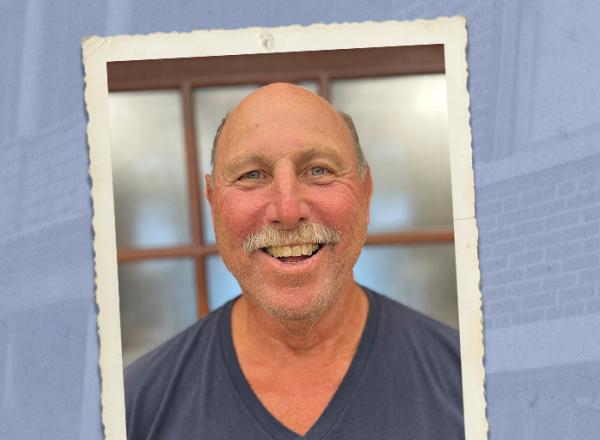
Arthur Goldstein was born in Roxbury in 1936 to parents Ida (born in 1911 in New Hampshire), and Hyman Goldstein (born in Ukraine in 1909). He lived in Roxbury until 1946 when his family moved to Dorchester. In his career, he worked as a CPA, and he and his wife, Edith, had three children. He now lives in Randolph, Massachusetts. Arthur’s oral history details the streetscape of Blue Hill Avenue and neighborhood life in both Roxbury and Dorchester; his family’s poverty; their desire to assimilate into American life; and their emphasis on education as the foundation for a successful and meaningful life. Like some other narrators do, he describes his first neighborhood in Roxbury as a “ghetto,” explaining the word not as a derogatory term but as a way of describing a concentration of Jewish families in one area. “It was just everybody together … basically, everybody you knew was Jewish.”
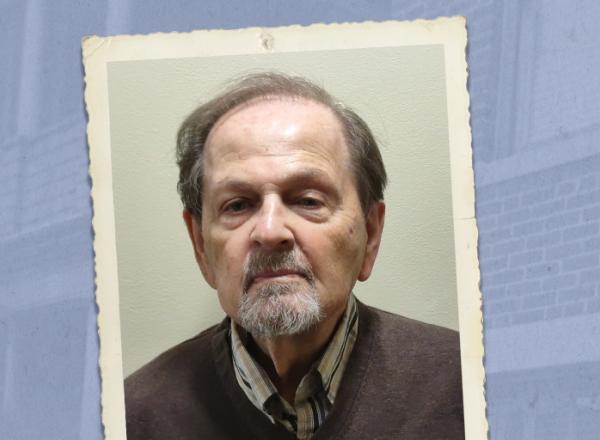
Marshall Silberberg was born in 1944 in Roxbury, and grew up in Dorchester. His mother, Frances (Greenside), was born in Boston in 1899; his father, Saul Silberberg, was born in Poland and came to the United States as a refugee in 1938. Marshall discusses his father’s deafness and his challenges both learning to read lips in English and fitting into American life as a recent immigrant. Marshall gives evocative descriptions of the stores, streets, and sounds of his Dorchester neighborhood; he also recalls going to Temple Beth Hillel Hebrew School five days a week and later being a member of Hecht House. At different points in his interview, Marshall speaks about “blockbusting” and its impact on both Black and Jewish communities in Greater Boston. Marshall currently lives in Randolph, Massachusetts.
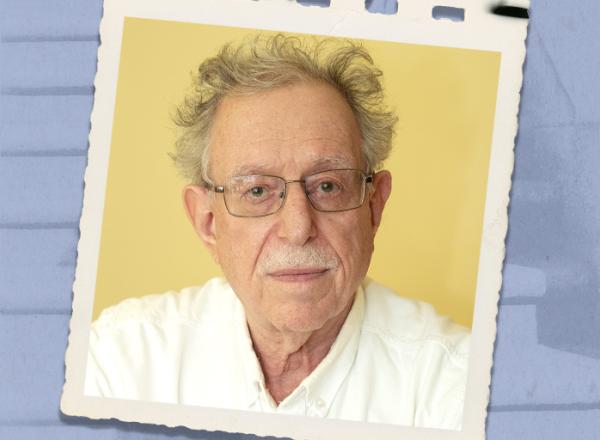
Ethel (Chase) Sinofsky was born in Roxbury in 1921 to Lillian (born in Syracuse, New York) and Samuel Chase (born in Russia) and died in Newton in 2023. Ethel lived in Roxbury with her parents until 1946, when she and her new husband moved to Newton, Massachusetts, and raised their three children. In her “Jewish Neighborhood Voices” interview, Ethel discusses her upbringing in Roxbury, where her father started an umbrella factory, and details the insular Jewish neighborhood, her education, and the local businesses. She discusses growing up on a street with Leonard Bernstein as her neighbor. Ethel also speaks about her marriage and the impact World War II had on her wedding. She reflects on her fearfulness and tentativeness as a child and gaining confidence with age—particularly as she anticipated turning 102. Ethel lived in Newton until her passing in 2023. She became a great grandmother just before her death.
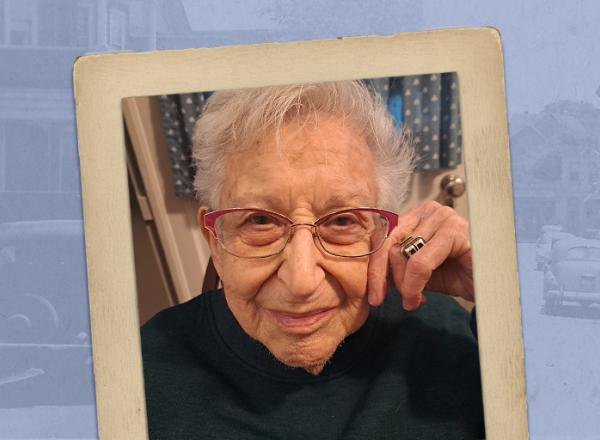
Paul Sugarman was born in Boston in 1931 to Rebecca “Ruth” (Chofnas) and Samuel Sugarman, who were both born in Boston, in 1906 and 1903 respectively. Paul grew up mostly in Dorchester, and lived in the Boston area until his death in 2025. In his oral history interview, Paul remembers living on Blue Hill Avenue amidst a strong Jewish community, represented by synagogues, Jewish storefronts, and gatherings at “the Wall” at Franklin Field. He reflects on the economic situation of his family and more broadly of the neighborhood’s residents, as well as the pressures of assimilation—and the impact this had on children growing up in the neighborhood. He went to Roxbury Memorial High School for Boys, and attended Boston University for both his undergraduate and law degrees. In his interview, Paul discusses the difficulty many Jewish lawyers faced in finding a position, and the importance of Jewish-owned law firms in hiring them. Paul joined one such firm in 1958 and led a long career in civil and appellate litigation; today that firm is known as Sugarman & Sugarman.
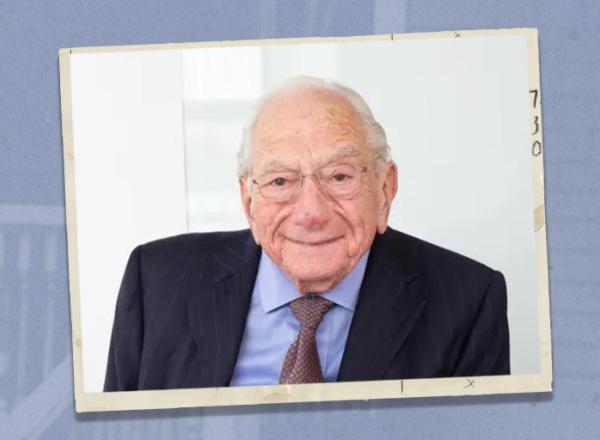
Laura (Markowitz) Till was born in Boston in 1951 to Lillian (Levy) and Nathan Markowitz, who were both born in Boston. From the age of three until junior high, Laura spent her childhood in Dorchester, and briefly in Roxbury. Her family moved to Malden before she started high school. In her “Jewish Neighborhood Voices” interview, Laura discusses her experience growing up in Dorchester in a multifamily home with her grandparents in the post-World War II era; the atmosphere of their triple decker, surrounded by a Yiddish-speaking immigrant community; the stores of Blue Hill Avenue; the high holiday gatherings on Franklin Field; the impacts of redlining and blockbusting on the Jewish community and migration out of Dorchester. She now lives in Natick, Massachusetts.
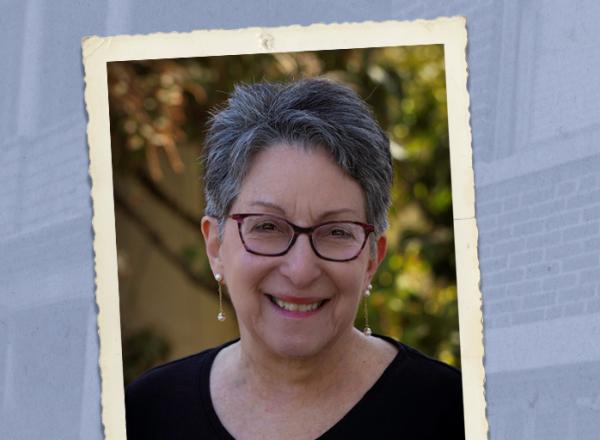
Jack Weiss was born in Brookline, Massachusetts, in 1943 to Ruth (Cohen), born in Boston’s West End, and Murray Weiss, born in Revere, Massachusetts. Jack grew up in Roxbury, and now resides in Lake Worth, Florida. In his “Jewish Neighborhood Voices” interview, Jack reflects on his childhood in Roxbury, focusing on his memories of food, on gendered experiences he observed his mother and grandmother have, and the pressure his uncles felt to assimilate and leave their Jewishness behind. He also discusses his later life working as a credit manager at General Electric Credit Corporation and then at Barney’s department store, and how his relationships with both his family and with Judaism have changed and shifted throughout his life.
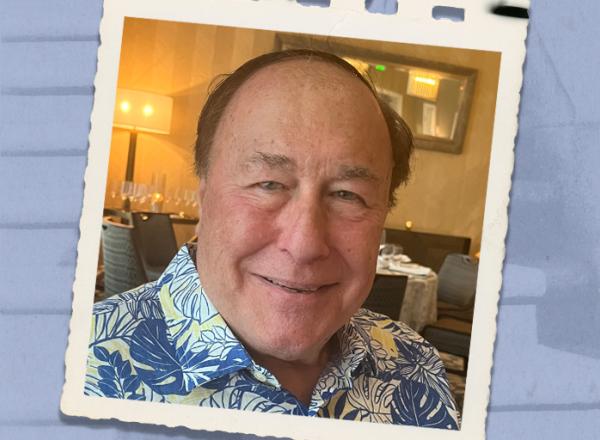
Kenneth “Ken” Wolkon was born in Dorchester in 1939 to parents Pauline (Kaplan), born in Boston, and Samuel Wolkon (born in 1900 in then-Poland, today Ukraine). Ken grew up in the Grove Hall section of Dorchester, and in his “Jewish Neighborhood Voices” interview, he recalls an insular Jewish childhood in the neighborhood. He discusses the impact of Hecht House and the YMHA Day Camp, and his high school experience at the Boston Latin School. He also discusses the redlining and blockbusting that sparked Jewish residents' movement out of Dorchester, his own family’s eventual move to Brookline, and details of his later life.
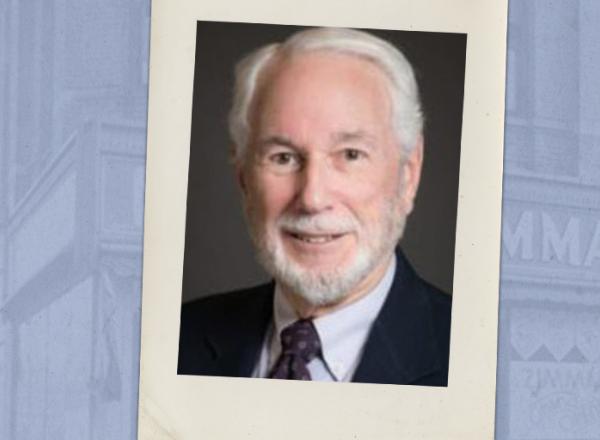
Learn about the Jewish history of Dorchester and Roxbury, and hear memories of the neighborhoods.
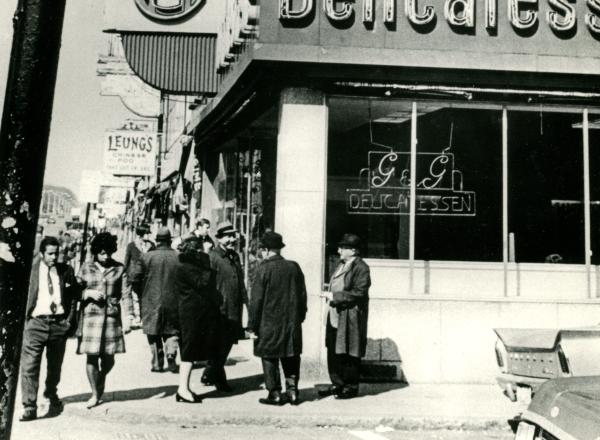
Thank you for visiting! Please consider supporting the Jewish Heritage Center’s work to preserve, explore, and advance understanding of Jewish history and heritage.
Donate Now